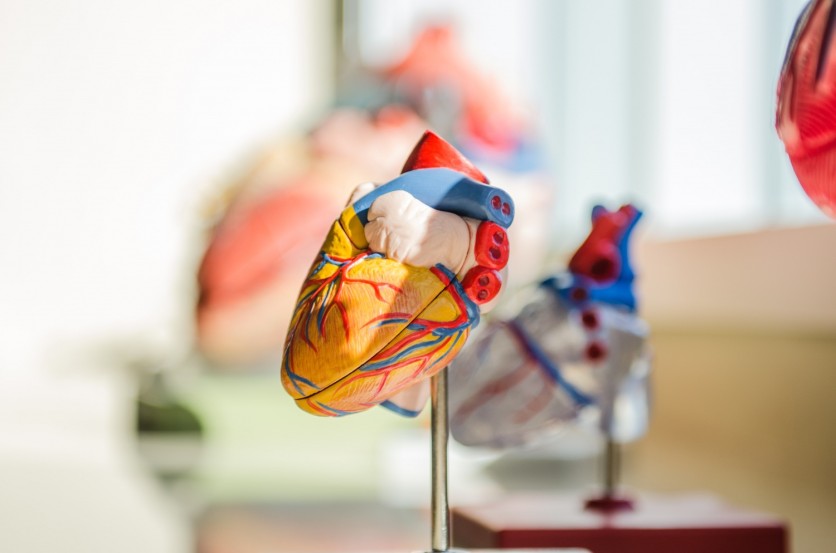
A brand new artificial technology for heart imaging might be able to improve patient care. This technology could allow doctors to examine the patient's heart for scar tissue while also eliminating the need for contrast injections that are required for traditional cardiovascular magnetic resonance imaging.
Artificial Intelligence Approach to Hear Imaging
A team of researchers that were responsible for developing the technology include doctors coming from the UVA Health reports the success of the new approach in an article uploaded to the scientific journal Circulation. The team compared its AI approach which is known as virtual native enhancement with contrast-enhanced cardiovascular magnetic resonance scans that are currently used to help monitor hypertrophic cardiomyopathy which is the most common genetic heart condition.
Researchers reportedly found that virtual native enhancement is capable of producing higher-quality images as well as better capture evidence of scar in the heart. This is without the need for actually injecting the standard contrast agent that is usually required for cardiovascular magnetic resonance scans. Technology has reportedly been very useful in helping patients understand their health status.
Dr. Christopher Kramer on Cardiovascular Magnetic Resonance Scans
Researcher Dr. Christopher Kramer noted that this is a new potentially important advance, especially if it can actually be expanded to other patient groups. Dr. Christopher Kramer is the chief of the Division of Cardiovascular Medical Health at UVA Health which is Virginia's only designated Center of Excellence by Hypertrophic Cardiomyopathy association.
It was noted that being able to identify scar in the heart is an important contributor to progression towards heart failure and even sudden cardiac death would be highly significant. Cardiovascular magnetic resonance scans would reportedly be done without any contrast and thus saving cost and any risk from the contrast agent.
Hypertrophic Cardiomyopathy Heart Disease
According to the story by MirageNews, Hypertrophic cardiomyopathy is the most common inheritable heart disease. It is also the most common cause of sudden cardiac death in young athletes. It causes the heart muscle to thicken and even stiffen which reduces its ability to be able to pump blood and also requires close monitoring by doctors.
The brand new virtual native enhancement technology will reportedly allow doctors to image the heart more often and faster, according to researchers. It also might help doctors be able to detect subtle changes in the heart much earlier, though more testing is still required to confirm that. Hydration has closely been linked to a healthy heart which is why doctors recommend that people drink more water.
New Approach to Patients with Allergies
The technology could also benefit patients that are allergic to the contrast agent that needs to be injected for cardiovascular magnetic resonance scans. This includes patients with severely failing kidneys which is a group that often avoids the use of the agent. The brand new approach works through using artificial intelligence in order to enhance T1-maps of the heart tissue created through magnetic resonance imaging.
Related Article: Luminate Medical: Chemotherapy Hair Loss Can be Avoided with Medical Wearable, Aiming for FDA Approval
This article is owned by Tech Times
Written by Urian B.
ⓒ 2026 TECHTIMES.com All rights reserved. Do not reproduce without permission.




